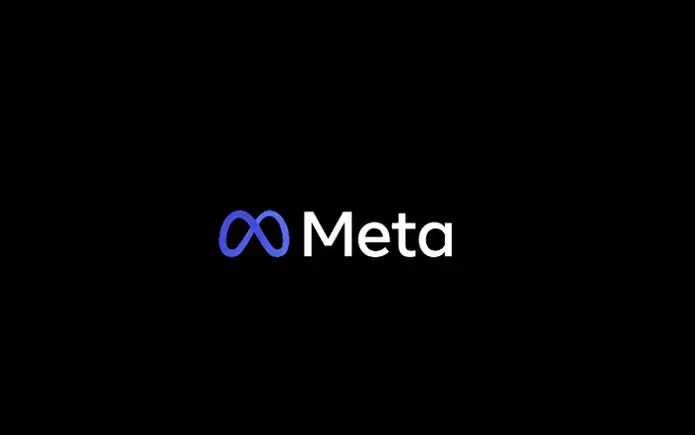In the wake of Donald Trump’s potential return to the White House, the technology landscape, particularly at Meta, is poised for transformative changes. The social media giant has just welcomed three influential figures to its board of directors: John Elkann, CEO of Exor; investor Charlie Songhurst; and UFC president Dana White. The inclusion of White is particularly noteworthy, given his vocal support for Trump and his active participation in Republican political circles. This strategic alignment hints at Meta’s potential shift in handling political discourse and its overall operational ethos during a second Trump administration.
Trump’s complicated relationship with Meta, particularly during his first presidency, was marked by significant friction. The social media platform suspended Trump’s accounts following the January 6 Capitol riots, a decision that sparked widespread controversy and accusations of censorship. At the time, Trump threatened to counteract Meta’s actions through legal channels, but the tides have turned with his re-election. With Dana White on board, whose endorsement and active support for Trump is well-documented, Meta seems to be signaling a readiness to mend fences with an incoming administration that previously considered Zuckerberg’s approach problematic.
This new board composition might facilitate a thaw in relations between Meta and Trump, possibly leading to a more favorable business environment for the tech giant. Reports indicate that Meta is already making preemptive moves to align with the Trump administration’s values. The replacement of former public affairs leader Nick Clegg with Republican Joel Kaplan underscores a deliberate pivot towards accommodating Republican perspectives, reflecting an effort to establish a more politically palatable stance heading into the new administration.
An intriguing component of Meta’s evolving strategy lies in its treatment of political content across its platforms. Traditionally, Meta has worked to limit political discussion, particularly on platforms such as Facebook and Instagram, where political content was deemed to generate unnecessary strife and user disengagement. This operational model was challenged by the launch of Threads, Meta’s Twitter competitor, which thrives on real-time conversations, suggesting that the silencing of political dialogue could be detrimental to user engagement.
In welcoming pro-Trump figures to its board, Meta might be inclined to revisit its previously cautious approach towards political speech. As the political climate shifts, the company may opt to create a more inclusive space for diverse opinions, a strategy that could simultaneously enhance user engagement and mitigate criticism about political bias. With over 3 billion users across its platforms, the potential for Meta to influence political narratives remains substantial.
However, the road ahead is fraught with complexities. Trump’s first term was characterized by frequent conflicts over content moderation, with numerous posts flagged or removed for being incendiary. If Meta decides to adopt a more lenient approach to political discourse, they must tread carefully. Trump’s association with Truth Social complicates this further, as he may prioritize his own platform for political commentary, potentially reducing Meta’s direct engagement with his content while stoking tensions related to free speech.
The question arises: will more liberal policies around political content translate to a decrease in moderation or simply reflect the changing currents of political engagement? For instance, if Trump reverts to making incendiary claims that require moderation, Meta may find itself torn between adhering to its new affiliations and maintaining community standards. The strategic appointment of board members like White may lend credence to the notion that Meta is aligning its policies to resonate with conservative ideals, but at what cost?
At the core of these developments lies a critical business strategy: nurturing relationships with powerful political figures. The intent behind appointing Dana White, a known supporter of Trump, can be viewed as an effort to foster goodwill and preempt any potential backlash from the administration. Zuckerberg’s apparent affinity for White, particularly due to their shared interests in sports and entertainment, may contribute to this budding alliance and signal smoother operations when political controversy arises.
As Meta moves forward, the consequences of these decisions will be closely scrutinized. The intertwining of politics and technology continues to reshape the landscape, and the implications of Meta’s new direction could reverberate far beyond its corporate borders. Balancing business interests with ethical governance will challenge Meta as it navigates the uncharted waters of a relationship with a potentially more powerful Trump administration. Only time will reveal how this intricate dance of politics and corporate strategy will unfold.


Leave a Reply